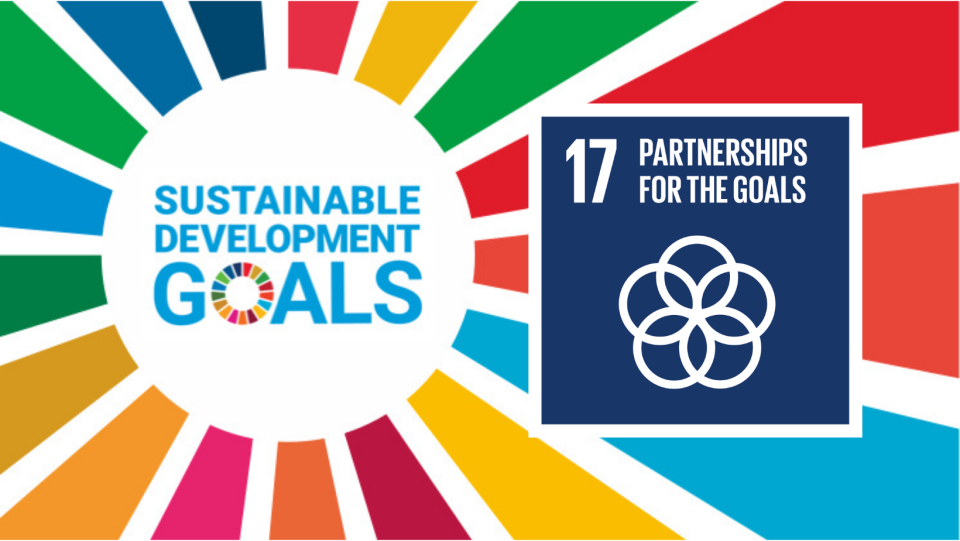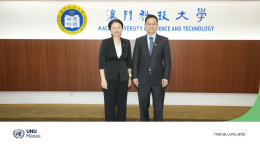The 2023 Summit held by the United Nations (UN) on the global progress towards achieving the Sustainable Development Goals (SDGs) in New York was a clear presentation of the limited progress made in this regard, with global media attention overarchingly directed at the high-level political leaders in attendance, most notably Ukrainian president Zelensky, indicating a further lack of public interest.

The SDGs are an ambitious set of 17 goals, aimed at achieving sustainable development across the world. Agreed upon by the UN in 2015, the Goals are designed to direct efforts from all people in all fields of activity – social, political and economic – and were formulated to be ambitious, yet comprehensive, to achieve the greatest possible impact. Indeed, the very formulation of the Goals a complex one, as it called for all interested parties from all UN Member States to provide their input and perspective. In comparison to other development programmes, the SDGs have therefore enjoyed a high level of acceptance and legitimacy all around the globe.
With the implementation of the Goals intended to be complete by 2030, 2023 marked the half-way point in their projected timeline. Political leaders have described the progress of the SDGs as being “seriously off track” (UK Foreign Secretary James Cleverly) at various times, to the extent that there exists a risk billions of people being left behind global developments (International Organisation for Migration Director General Antonio Vitorino).
Criticism of the Summit came from a variety of official diplomats, many of whom felt the event was an unhelpful tactic by Western countries to criticise Russia for their aggression towards Ukraine. As one official put it: “If all we do is turn up at these events and go on about Ukraine, it doesn’t help the broader agenda.” However, some progress was still made, with the US Envoy for National Security pledging to use his speech to mobilise financing for the SDGs, while the UK Foreign Secretary gave voice to the need for global unity to make more joint progress.
As recent research from UNU-FLORES has shown, this global unity and cooperation is indeed key to achieving the SDGs. Our expert, doctoral student Christian Schneider, recently published a paper with colleagues from the Reutlingen Business School on the manifold ways in which international cooperation has strong knock-on effects on all SDGs. As the paper explains , international economic cooperation has enormous benefits and potential across the board. The research project also headed by Christian Schneider is based on this approach and analyses barriers to the transfer of innovations from industrialised nations to their developing partners. A further central aspect to his work is close international collaboration with colleagues at UNU-FLORES, such as Luisa Ferolla and Ramoudane Orou Sannou. It is only by committing to close collaboration with international partners that meaningful research results can be expected; it is these meaningful results that hold the potential to improve the implementation of the SDGs. By including these voices from around the world in the project, expert perspectives are brought to the research on the topics of Social Sustainability in Agriculture and the Transition to Electric Mobility.
The perspective taken in this project is that of German innovations and barriers preventing their use and application in Sub-Saharan Africa. The project aims at widely disseminating its findings and has recently presented its findings at international conferences in South Africa and in Germany. Moreover, thanks to the project being funded by UNIDO ITPO Germany, its findings are directly implemented by an international partner working in this area.
It is in this way that UNU-FLORES actively supports progress on implementing and achieving the SDGs. To find the most efficient and direct path to realising the Goals, scientific research must be involved from the outset, and it is through the dedication and collaboration of young researchers that UNU-FLORES continues to contribute towards this vision in 2024.


